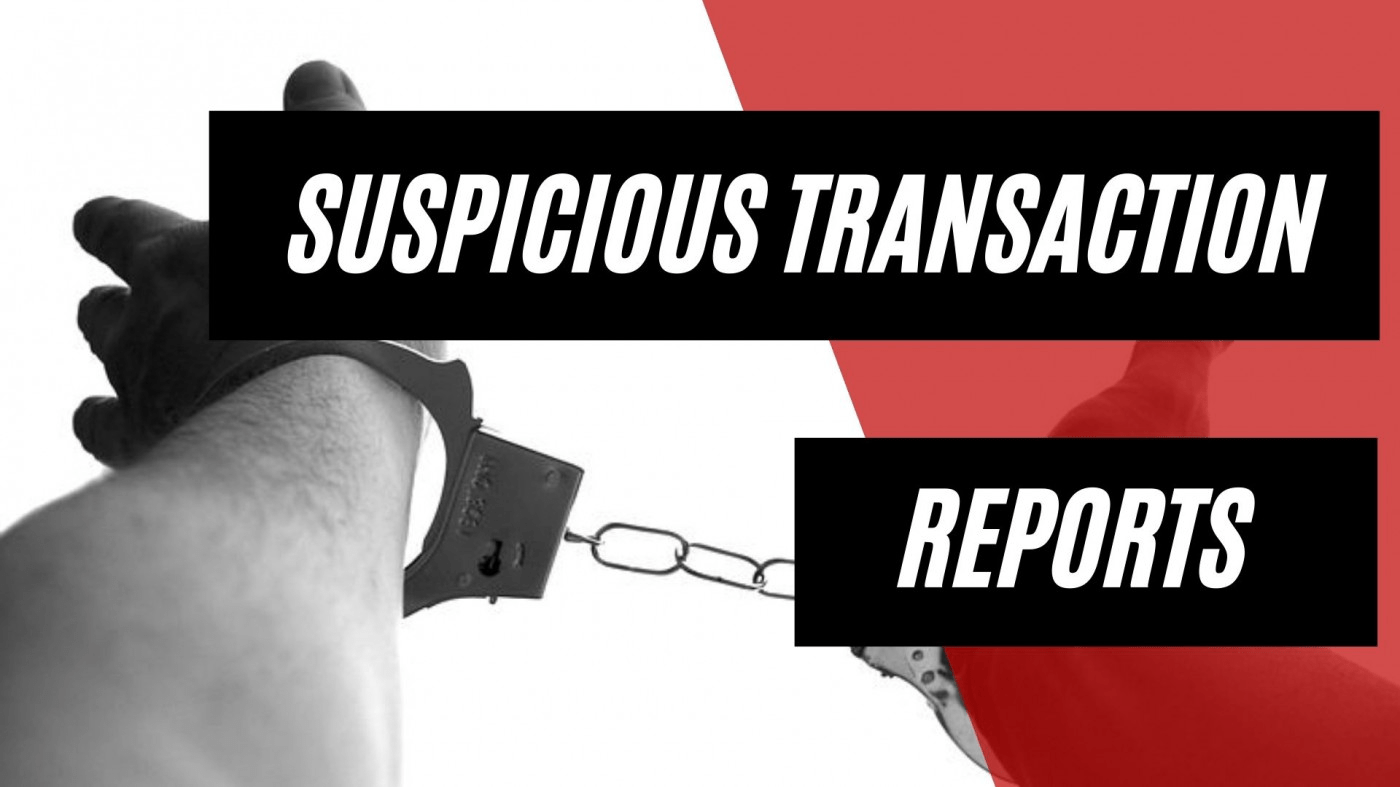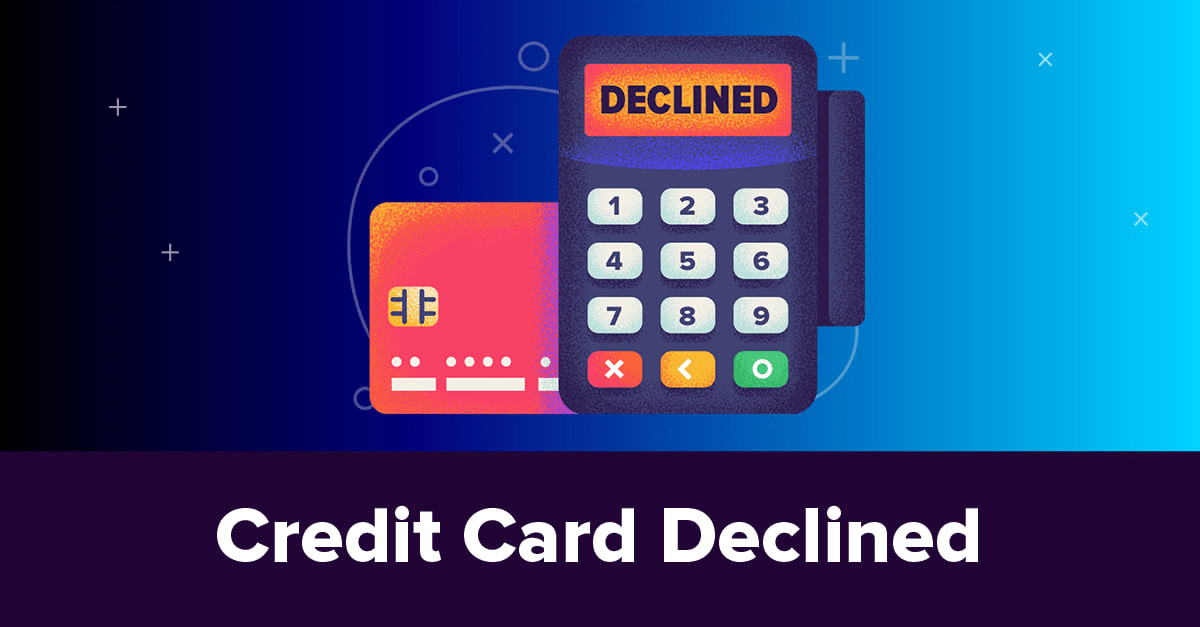Understanding Credit Card Rejection: Common Reasons
for Declined Transactions!

Introduction to credit card rejection
Credit cards have become an indispensable financial tool in today’s world. They offer convenience, security, and the ability to make purchases without carrying cash. However, there may be instances when your credit card is declined, leaving you frustrated and confused. Understanding the common reasons for credit card rejection can help you avoid such situations and ensure smooth transactions.
Common reasons for credit card rejection
Insufficient funds One of the most common reasons for credit card rejection is insufficient funds. When you make a purchase using your credit card, the amount is deducted from your available credit limit. If you have maxed out your credit limit or have insufficient funds to cover the transaction, your credit card may be declined. It is important to keep track of your spending and ensure you have enough credit available before making a purchase.
Incorrect card information Another common reason for credit card rejection is incorrect card information. If you enter the wrong credit card number, expiration date, or security code, the transaction may be declined. It is crucial to double-check the accuracy of your card details before making a purchase, especially when shopping online. Small errors can lead to significant inconveniences and delays in processing your transactions.
Exceeding credit limit
Exceeding your credit limit is another reason why your credit card may be declined. Each credit card has a predetermined credit limit, which is the maximum amount you can spend using the card. If you attempt to make a purchase that exceeds your credit limit, the transaction will be declined. It is important to keep track of your spending and stay within your credit limit to avoid such rejections. $220/day – Shopify Assistant Job
Fraudulent activity
Credit card issuers have sophisticated fraud detection systems in place to protect their customers from unauthorized transactions. If your credit card issuer detects any suspicious activity on your account, they may decline transactions until the issue is resolved. While this can be frustrating, it is a necessary measure to safeguard your finances. If you believe your card has been mistakenly flagged for fraudulent activity, contact your credit card issuer immediately to rectify the situation.
Suspicious transaction

In addition to detecting fraudulent activity, credit card issuers also monitor for suspicious transactions. Unusual spending patterns or purchases made in foreign countries may trigger a decline in your credit card. While this can be inconvenient, it is a security measure designed to protect you from potential identity theft or unauthorized use of your card. If you plan to make a large or unusual purchase, it is advisable to notify your credit card issuer in advance to prevent any unnecessary declines.
Expired card
An expired credit card is one of the simplest reasons for rejection. Credit cards have an expiration date printed on them, and once that date has passed, the card becomes invalid. It is essential to stay vigilant and ensure you receive a replacement card before your current one expires. Failure to do so may result in declined transactions and the need for immediate action to obtain a new card.
Address mismatch
When making online purchases, your billing address must match the address associated with your credit card. If there is a mismatch between the billing address you provide and the address on file with your credit card issuer, the transaction may be declined. It is important to update your address with your credit card issuer whenever you move to avoid any complications during online transactions.
How to avoid credit card rejection
Now that you are aware of the common reasons for credit card rejection, it is important to take proactive steps to avoid such situations. Here are some tips to help you ensure smooth credit card transactions: Post images on Social media for $200 per day
- Monitor your credit limit: Regularly check your credit card balance to ensure you have enough available credit before making a purchase. If your credit limit is close to being maxed out, consider paying off some of the balance to free up your credit.
- Double-check card information: Before making a purchase, verify that you have entered the correct credit card number, expiration date, and security code. Small errors can lead to declined transactions.
- Stay within your credit limit: Be mindful of your spending and avoid exceeding your credit limit. If you need to make a large purchase, consider contacting your credit card issuer in advance to request a temporary increase in your credit limit.
- Update your address: Whenever you move, make sure to update your address with your credit card issuer. This will prevent billing address mismatches and declined transactions during online purchases.
- Be aware of suspicious activity: Regularly review your credit card statements for any unauthorized transactions or suspicious activity. If you notice anything unusual, contact your credit card issuer immediately.
What to do if your credit card is declined

Despite your best efforts, there may still be instances when your credit card is declined. If this happens, here are the steps you can take to resolve the issue:
- Contact your credit card issuer: Call the customer service number on the back of your credit card to speak with a representative. They can provide you with specific information on why your card was declined and help you resolve the issue.
- Verify your card details: Double-check the accuracy of your card information, including the card number, expiration date, and security code. If any of these details have changed, update them with your credit card issuer.
- Check for fraudulent activity: If your card was declined due to suspected fraudulent activity, review your recent transactions for any unauthorized charges. Report any suspicious activity to your credit card issuer and follow their instructions to secure your account.
- Consider alternative payment methods: If your credit card continues to be declined, consider using an alternative payment method such as a different credit card, a debit card, or cash.
National Stats
According to recent statistics, credit card rejection rates vary across different countries. In the United States, the average credit card rejection rate hovers around 3%. This suggests that a significant number of credit card transactions are declined daily. Consumers must understand the common reasons for credit card rejection and take necessary precautions to avoid declined transactions.
FAQs
- Q: Can a declined credit card affect my credit score? A: No, a declined credit card transaction itself does not affect your credit score. However, consistently maxing out your credit limit or having multiple credit card rejections within a short period may negatively impact your credit score.
- Q: Can I dispute a declined credit card transaction? A: Typically, you cannot dispute a declined credit card transaction since it was not processed. However, if you believe the decline was in error or due to fraudulent activity, you can contact your credit card issuer to investigate the issue.
- Q: Will my credit card be declined if I make a purchase in a foreign country? A: It is possible that your credit card may be declined if you purchase in a foreign country. To avoid this, inform your credit card issuer of your travel plans in advance so they can make a note on your account and prevent unnecessary declines. $850 per week for watching movies on Netflix
Conclusion
Credit card rejection can be frustrating, but understanding the common reasons for declined transactions can help you avoid such situations. By ensuring you have sufficient funds, providing accurate card information, staying within your credit limit, and being vigilant for fraudulent activity, you can minimize the chances of your credit card being declined. However, if your card is declined, take immediate action by contacting your credit card issuer and verifying your card details. By following these guidelines, you can enjoy hassle-free credit card transactions and make the most of this convenient financial tool.
Now that you have a better understanding of the common reasons for credit card rejection, take proactive steps to ensure smooth transactions. Monitor your credit limit, double-check card information, and stay within your credit limit. If your credit card is declined, contact your credit card issuer and take the necessary measures to resolve the issue. Stay informed and make the most of your credit card!
